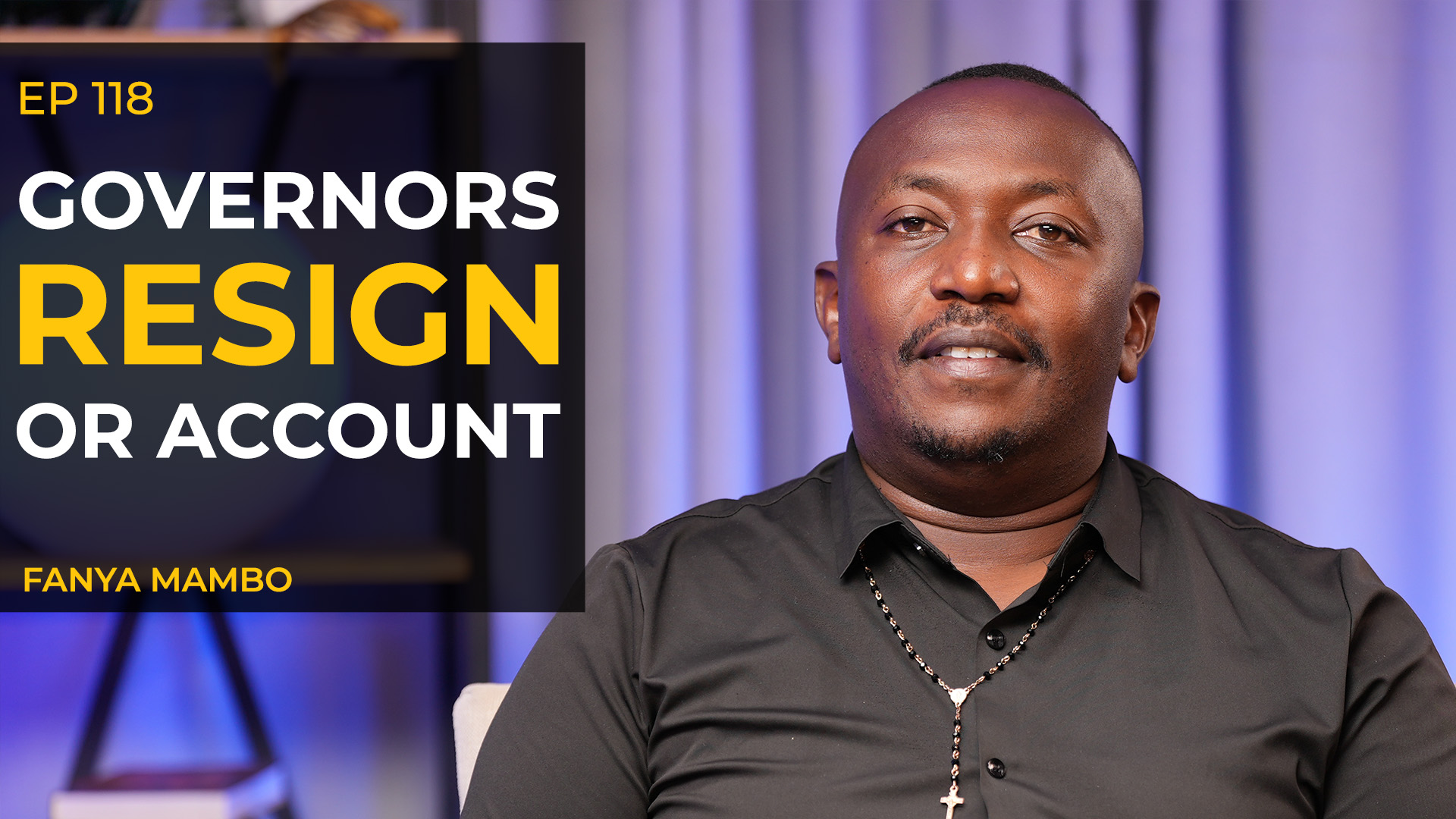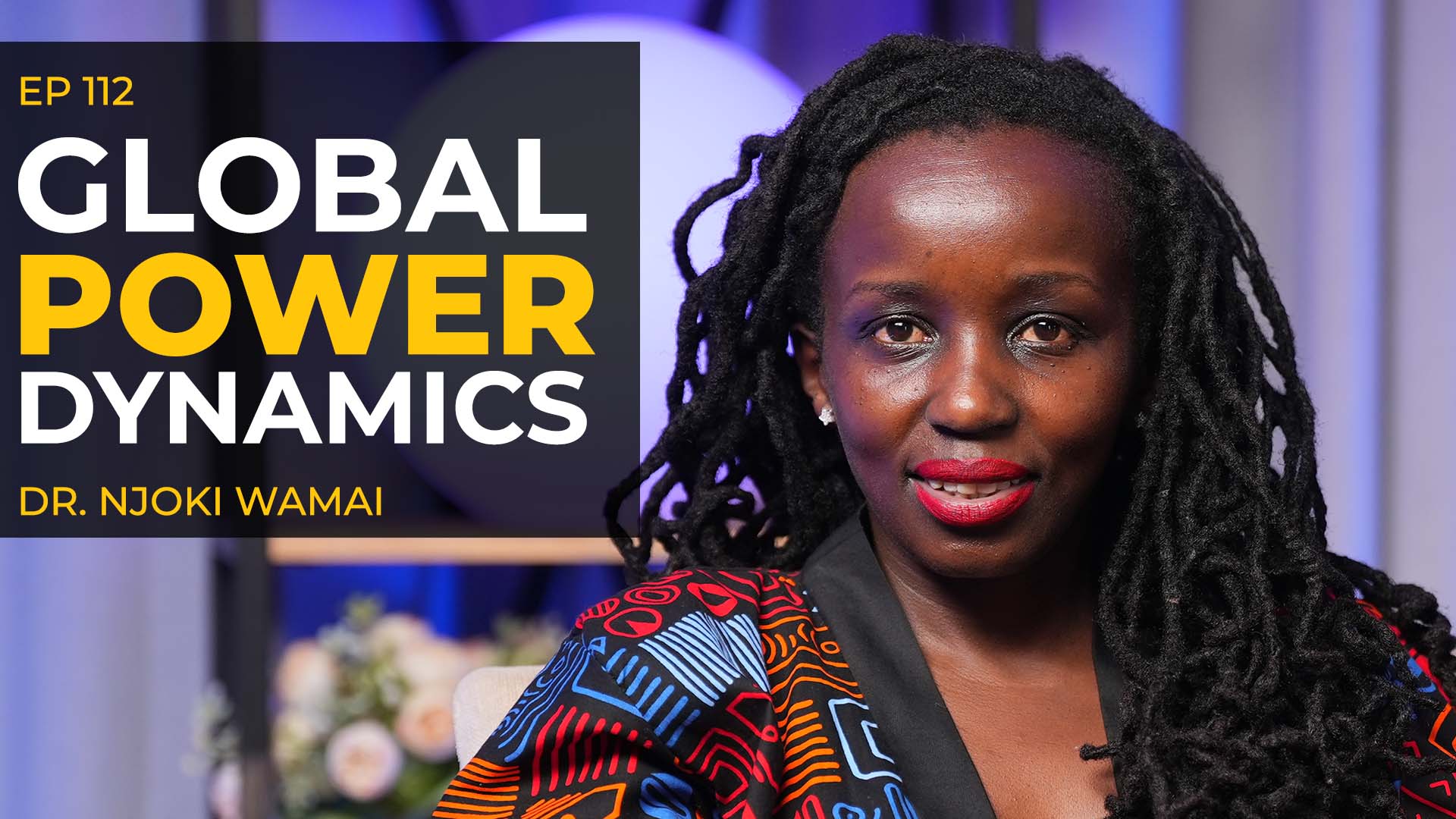A Pan-African Reflection on the Trump-Putin Summit, the Legacy of Colonialism, and Africa’s Position in the New World Order
By: Thee Alfa House Editorial
In a time of mounting global uncertainty, the upcoming Trump-Putin summit in Anchorage, Alaska, has sparked intense debate across continents. But what does it mean for Africa? In a compelling and wide-ranging dialogue between PLO Lumumba and Joshua Maponga, two of Africa’s most insightful minds, the continent’s past, present, and future were examined with surgical precision.
Africa’s Dilemma: A World Divided
Maponga opens with a provocative question: “Are we going to stand with Russia, China, BRICS, and the Global South? Or will we stand with the West and its allies?” The world is reorganizing into distinct power blocs, and Africa, as always, finds itself pulled from both sides. Lumumba adds, “Maybe it is time we examine the GDP on the left, the military power on the right, and make a decision—not as pawns, but as a power bloc of our own.”
History Still Haunts Us
They both reflect on the Berlin Conference of 1884–85, where Africa was divided by European colonial powers without a single African voice in the room. Lumumba, quoting Chinua Achebe, laments how “the white man cut the things that held us together.” Maponga pushes further: *”How can 15 white men draw borders we’re still fighting over, while 54 African presidents remain helpless to undo the damage?”
The trauma of colonization remains, not only politically, but psychologically. Lumumba invokes Kwame Nkrumah and Walter Rodney to demonstrate that Africa’s biggest battle today is not external, but internal—a war for the African mind.
African Unity: A Dream Deferred
The speakers question why Pan-African unity continues to elude us. From Tanzania hosting liberation movements to today’s fractured regional politics, Maponga wonders aloud, “Are we only comrades in war, but enemies at peace?” The failure of Africa’s political elite to rekindle the solidarity that once drove liberation is stark.
The Role of Global Powers
The conversation then pivots to contemporary geopolitics. Lumumba outlines the enduring influence of the U.S. and Europe through institutions like the IMF, World Bank, WTO, and their colonial linguistic blocs: Francophonie, Commonwealth, Lusophone alliances.
“The Americans didn’t colonize us in the traditional sense, but through their economic, political, and cultural systems, they dominate us still,” Lumumba asserts.
The Trump-Putin meeting, like the historic Yalta Conference, will redefine global alignments. But unlike Yalta, Africa again remains absent from the table—even though its future may be shaped by decisions made there.
Maponga and Lumumba both express outrage at African leaders constantly traveling to Western capitals for instructions, rarely asserting a strong position in return. “They go to sign documents without understanding the implications. They are in power, but not in control,” Maponga says.
Africa’s Identity Crisis
They also critique Africa’s failure to industrialize despite immense resource wealth. Why do we export raw lithium but import batteries? Why do we have gold, but currencies worth less than paper? “Africa must stop asking for money, and start asking for industry,” Maponga argues.
The Trump-Putin Meeting: An Opportunityor Threat?
The two leaders are set to meet in Alaska—neutral ground far from Brussels or Moscow. This is geopolitics in motion, a quiet carving of the world into spheres of influence. Lumumba warns that what happened in Berlin in 1884 may be repeating itself, only now in the digital space, cyber territories, and through economic dependence.
They predict this meeting will produce an unspoken ultimatum: “Will you stand with the West, or with the East?” But they caution that Africa must reject this binary and carve its own path.
What Should Africa Do?
- Build Ancestral Intelligence: Not just artificial intelligence. Leverage our history, culture, and indigenous knowledge systems to navigate the modern world.
- Demand Industry, Not Aid: Africa must shift from being a source of raw materials to becoming a hub of manufacturing, technology, and innovation.
- Reclaim Political Power: Leaders must stop being ceremonial puppets and become true statesmen who can sit with global powers as equals.
- Unite Around Pan-African Values: Ubuntu must become more than a slogan. It must define our governance, economics, and diplomacy.
- Reform the AU or Replace It: If the African Union cannot unite and act decisively, new structures must emerge.
Final Word: Black Power Must Follow Black Beauty
In their final reflections, Lumumba and Maponga both urge African citizens to wake up. Enough of beautiful rhetoric without power. Enough of following global agendas without shaping our own. It is time for Africa to sit at the table, not as a guest, but as a sovereign, united bloc.
“Black beauty without Black power is useless,” said John Henrik Clarke. Today, that message echoes louder than ever.
Author’s Note: This article is based on the deep and powerful conversation between Prof. PLO Lumumba and King Joshua Maponga, recorded and published by Thee Alfa House. It is a call to rethink Africa’s place in a shifting global order—not with fear, but with clarity, strategy, and bold Pan-African vision.
Watch the full conversation here: https://youtu.be/om7m42CmCiE





Leave a Reply